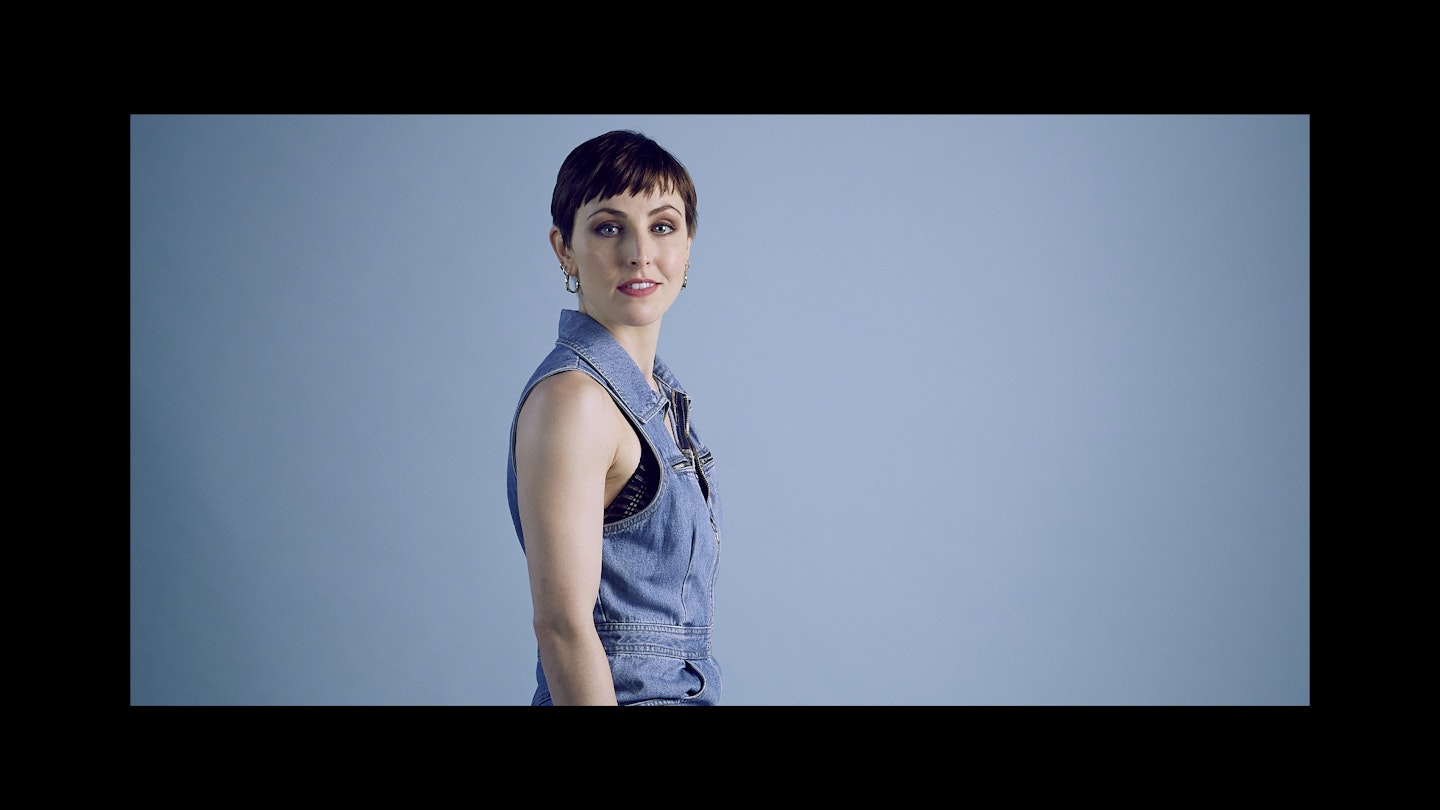I remember the day I found out my diagnosis very clearly. The doctor sat me down, explained to me that at 29, I had gone through an early menopause. At first, I was unsure how to feel or react as, like many, I had never heard of anyone going through the menopause early. In a nutshell, I was informed that I had an approximately 1-2% chance of conceiving a child biologically as my ovaries had stopped producing oestrogen and I was no longer ovulating.
I tried to trace it back to the first signs – to my knowledge, I hadn’t had any symptoms other than my periods being irregular as a teenager and then ending altogether once I had stopped taking the contraceptive Pill a few years ago. Last year, I realised it had been almost four years since I’d had a natural period and knew it was time to look deeper into a cause.
I went to my GP, who ran tests which detected a hormone imbalance in my blood, and then referred me to a specialist for more investigation. For me, a cause could not be pinpointed. While this was frustrating, I felt very relieved that tests confirmed the cause was not genetic and I didn’t have an underlying auto-immune condition. Luckily, my skeleton did not show signs of osteoporosis. The NHS defines early menopause as when a woman’s periods stop before the age of 45. Only in exceptional circumstances do women become menopausal in their thirties or younger, however, it can affect women as young as 15. In my case, despite being diagnosed at 29, my specialist believes I could have actually gone through it at around 21 and not realised.
At the age of 29, discovering your chances of conceiving a child naturally are essentially impossible is a pretty tough pill to swallow. Particularly in the days following my initial diagnosis, I became hyper aware of pregnant women and babies everywhere I looked. It seemed so unfair to have a choice, which I now realise I took for granted, taken away from me. As a female, it is very easy to feel as though your body has failed you. Sadly, you question your worth. This is why I believe it is so important to start a more open dialogue around early menopause and mental health. I can see how easy it can be to feel like you have something to be embarrassed about with this type of diagnosis.
I have never been someone who has felt hugely maternal. Some women may argue that this makes this diagnosis easier for me or explains why I am dealing with my situation in a positive way, but I try not to let that bother me. Going through any type of fertility issue is deeply personal and everyone will have their own way of dealing with it. I still feel that there is a societal expectation in your thirties to get married and start a family, which many of my friends are currently doing – but only because it makes them gloriously happy. On the flip side, some of my friends who can have biological children might choose not to, and that’s OK too. Diversity is what makes society interesting.
Discovering you have a fertility issue as a single person who is not actively trying to conceive is probably slightly unusual. I have an active dating life and if the topic of children comes up, I will always be honest. It can be nerve-racking sharing information like this with someone you like romantically, but I find that the reaction is generally compassionate and understanding. The biggest lesson I have learnt from going through menopause early is that I do want to have children in my life. And I can still be a ‘mother’. I would love to look into fostering or adoption in the future. Who knows, I may even consider egg donation. But I may also be a brilliant auntie or a kick-ass godparent! I think it is important to not set your heart on one particular idea with these things, as life, and the way you choose to live it, is ever changing.
I was recently asked if I had any regrets about not trying to conceive naturally in my early twenties, when I may still have had that option. I answered no straight away. I would not have been ready or had the maturity to be the best caregiver to a child and I would not have achieved or experienced other things that have moulded my life thus far.
The new medical developments announced last week, I’m sure will give many women an option. However, I do not feel disappointed about being too late to receive this particular treatment. [Nine women have so far had the procedure to remove and freeze their ovarian tissue, with a view to delaying the menopause when older by grafting it back into the body.] Fertility can be quite a grey area medically, so I do think developments that provide more options are important.
My family and friends have been the most incredible source of support to me over the last year. They have helped me more than they know and I can never thank them enough. I feel exceptionally lucky to have such a strong network around me, however, sometimes you do want to seek refuge in others going through a similar experience. When I was first diagnosed, I found it difficult to find other case studies, in the media or online, shedding positive light on early menopause. So, if you are going through a situation like mine or you are experiencing fertility problems, I hope in reading this article you know you aren’t alone. Know your life will be equally as joyful, momentous and meaningful as others, whether you can have kids or not. I hope you know it’s going to be OK.
